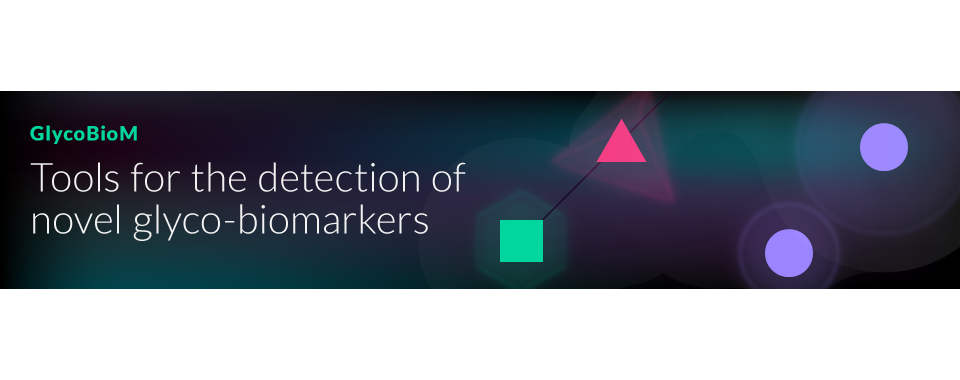Projects

GlycoBioM – Tools for the Detection of Novel Glyco-biomarkers
GlycoBioM is a European FP7 collaborative scientific research programme that has brought together Europe’s leading scientists to study glycosylation. Hailing from Croatia (Genos), Denmark (UCPH), Germany (UKE and Galab), Ireland (NIBRT) and the UK (UNIMAN),
the team is identifying new biomarkers and tools for detection and diagnostic screening. These could be used to develop personalised treatment for cancer and related diseases.
- Collaborative project FP7-HEALTH-2010
- Project coordinator: University of Manchester
- Beginning of project: January 2011
- Duration of project: 5 years
- Link: http://glycobiom.eu/
Glycosylation patterns on glycoproteins and glycolipids are involved in the regulation of inter- and intracellular recognition events and alteration of such glycosylation has been observed in many diseases, notably in a variety of cancers. We propose that a systematic, large scale investigation in this area will provide a rich spectrum of novel and structurally diverse carbohydrate-based highly specific biomarkers. The aim of this project will be to address current bottlenecks in analytical techniques by developing an integrated multidisciplinary approach to glycobiomarker screening and analysis based on current state-of-the-art. We will bring together a number of complementary screening techniques developed in the individual partner laboratories, notably high-throughput LC-ms analysis of carbohydrates, lectins and carbohydrate arrays, to develop an overall workflow for the multiplex analysis of glycobiomarkers. Such carbohydrate-targeted methods will be combined with RNA/DNA and analysis (combining high throughput glycomics with genomics). It will be important to test the workflow against serum and tissue samples of healthy volunteer/cancer patients. In addition, we envisage that the project will generate new analytical tools that can be used in routine analysis of glycobiomarkers in the clinic, including diagnostic imaging. Some of the tools developed in this programme (lectins conjugated to nonoparticles) should also be useful for new quantitative imaging biomarkers for monitoring therapeutic effects and safety in cancer. The involvement of three SME partners will ensure that the technology is compatible with commercial applications.